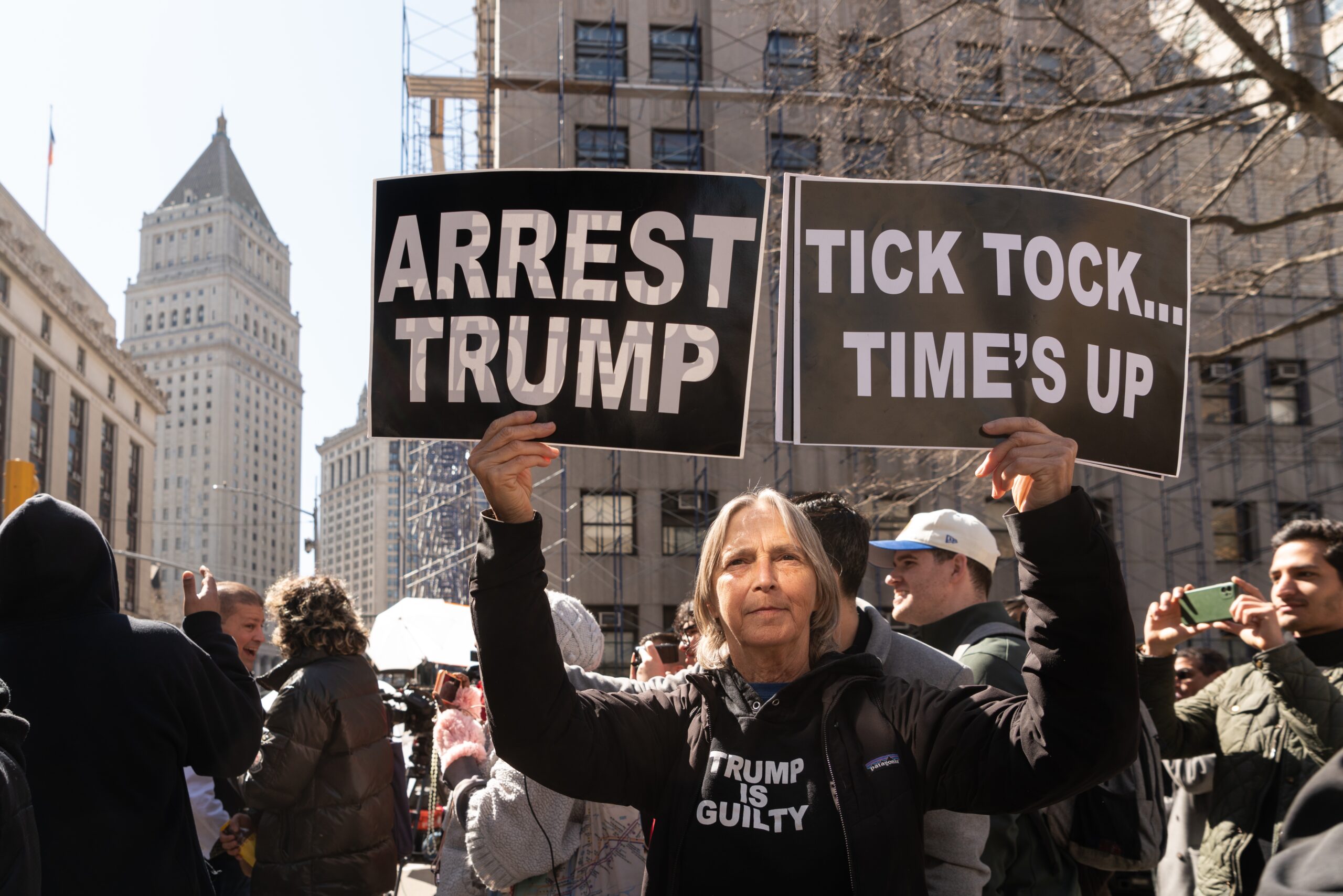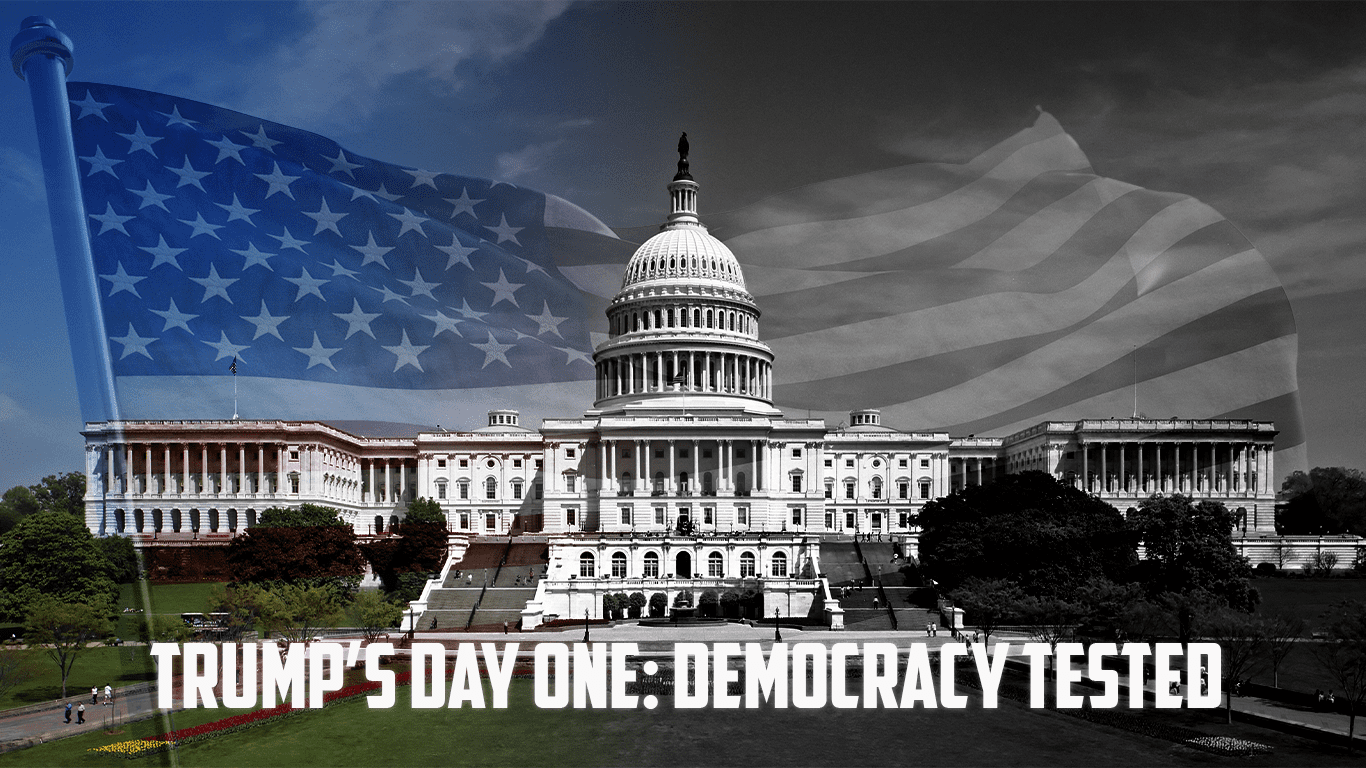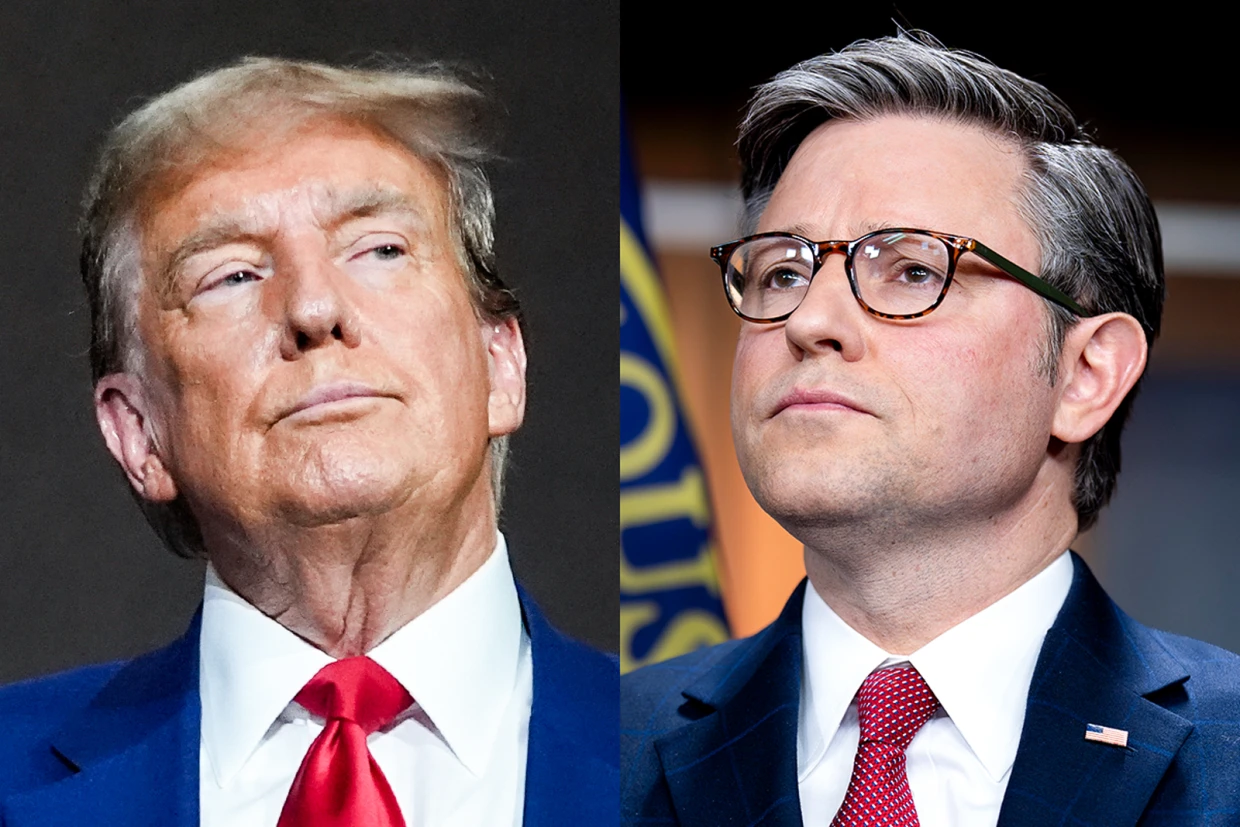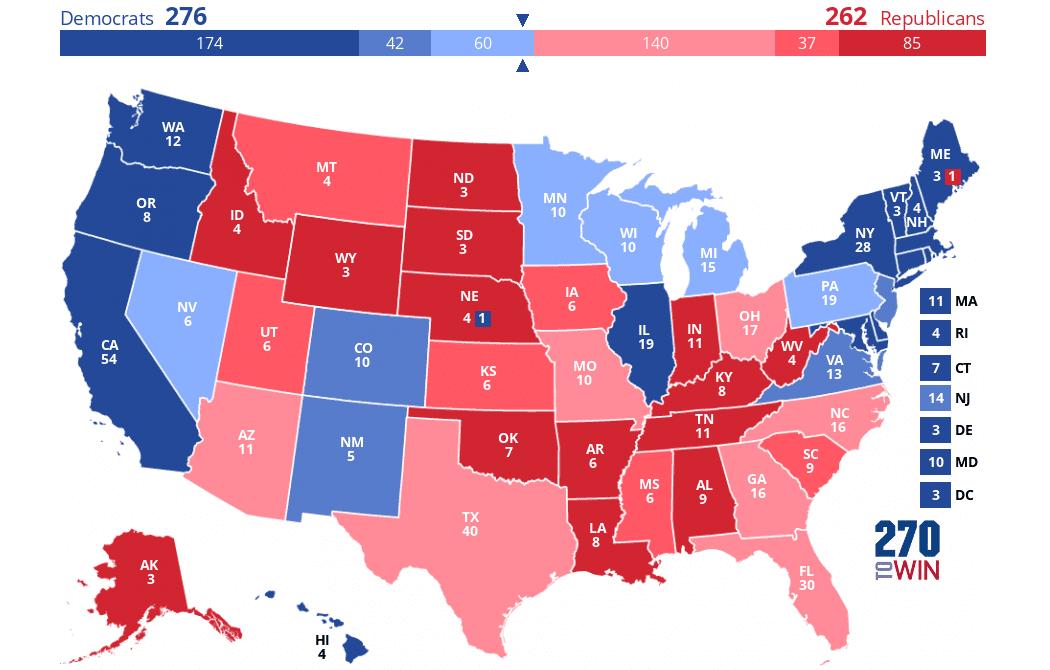Indictments, often cloaked in legal jargon and burdened with endless documentation, can be daunting, even for seasoned political observers. The recent indictment of Donald J. Trump, the 45th President of the United States, is no exception. In the spirit of dispelling the fog of confusion and demystifying the complexities surrounding the indictment, this article attempts to dissect the salient points, challenging common beliefs and asking hard questions along the way.
On June 9, 2023, federal prosecutors unsealed a 49-page document that detailed a case against the former President. The indictment alleges that Trump violated national security laws and obstructed justice, drawing attention and causing widespread discussion nationwide. But what does this all mean? What lies beneath the surface of these serious allegations?
At the heart of the indictment are 38 felony charges, 31 of which relate to withholding national defense information. The others encompass concealing possession of classified documents and providing false statements. These are no small charges and could have serious implications for Trump and his legacy if proven. Yet, we must resist the temptation to jump to conclusions and instead scrutinize these allegations under the light of justice and fairness.
Read the full indictment here
One of the most striking features of the indictment is the alleged personal involvement of Trump in violating national security laws. Unlike the CEO of a big company that delegates tasks to other professionals, the indictment outlines that Trump himself was deeply involved in handling classified documents. This direct involvement is unusual and raises a myriad of questions. How did a former President, with a vast network of professionals at his disposal, end up in such a predicament? And why was it not prevented?
Moreover, the indictment also brings to light the movement of boxes containing classified information at Trump’s Mar-a-Lago resort. This wasn’t just a case of negligence or oversight. The indictment suggests that the movement and retention of these documents were intentional and calculated acts. However, we must ask ourselves this: Are these actions symptomatic of an individual’s disregard for national security, or are they indicative of a broader, systemic issue that we have failed to address?
The indictment’s significance also lies in the potential penalties that Trump could face. Theoretically, the charges could lead to a sentence in the region of 400 years if the sentences were run consecutively. While such a harsh sentence seems unlikely, it underscores the magnitude of the charges against Trump and the judiciary’s power in shaping the outcome of this case.
But here’s the crux of the matter: Indictments are not convictions. They are formal accusations that need to be proven in a court of law. As Trump’s defense team counters these allegations, we will see a legal battle unfold in the coming months. Will the charges hold up under scrutiny, or will they crumble under the weight of the defense’s counterarguments? We must wait for the wheels of justice to turn.
In the meantime, let us remember that this indictment represents more than just the potential legal downfall of a former President. It is a stark reminder of our collective responsibility to uphold the principles of transparency, accountability, and the rule of law, even when they concern the highest offices in our nation. Whether or not Trump is found guilty, the indictment is a critical lesson for future administrations and a stern warning against complacency in our ongoing quest for a more just and equitable society.









